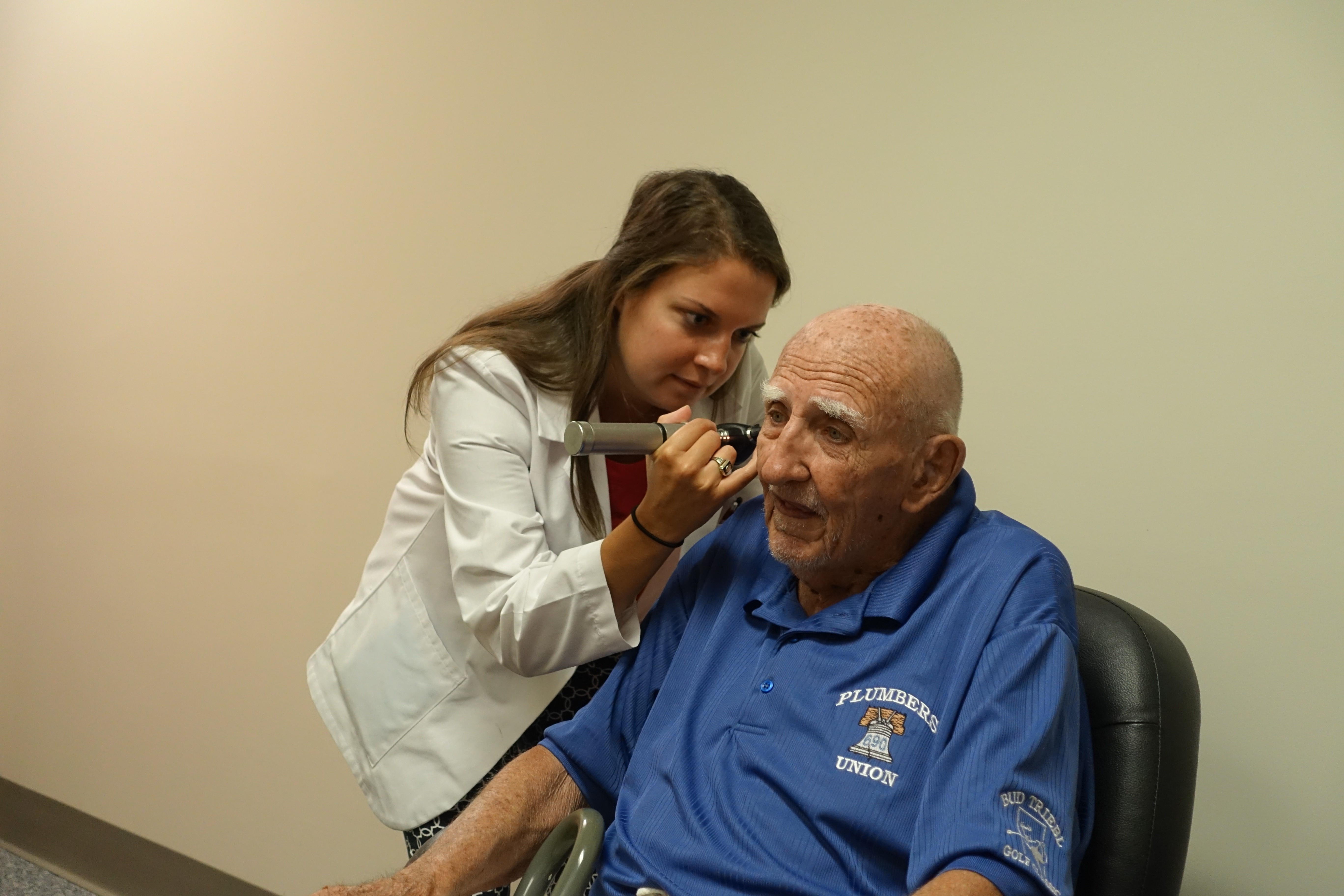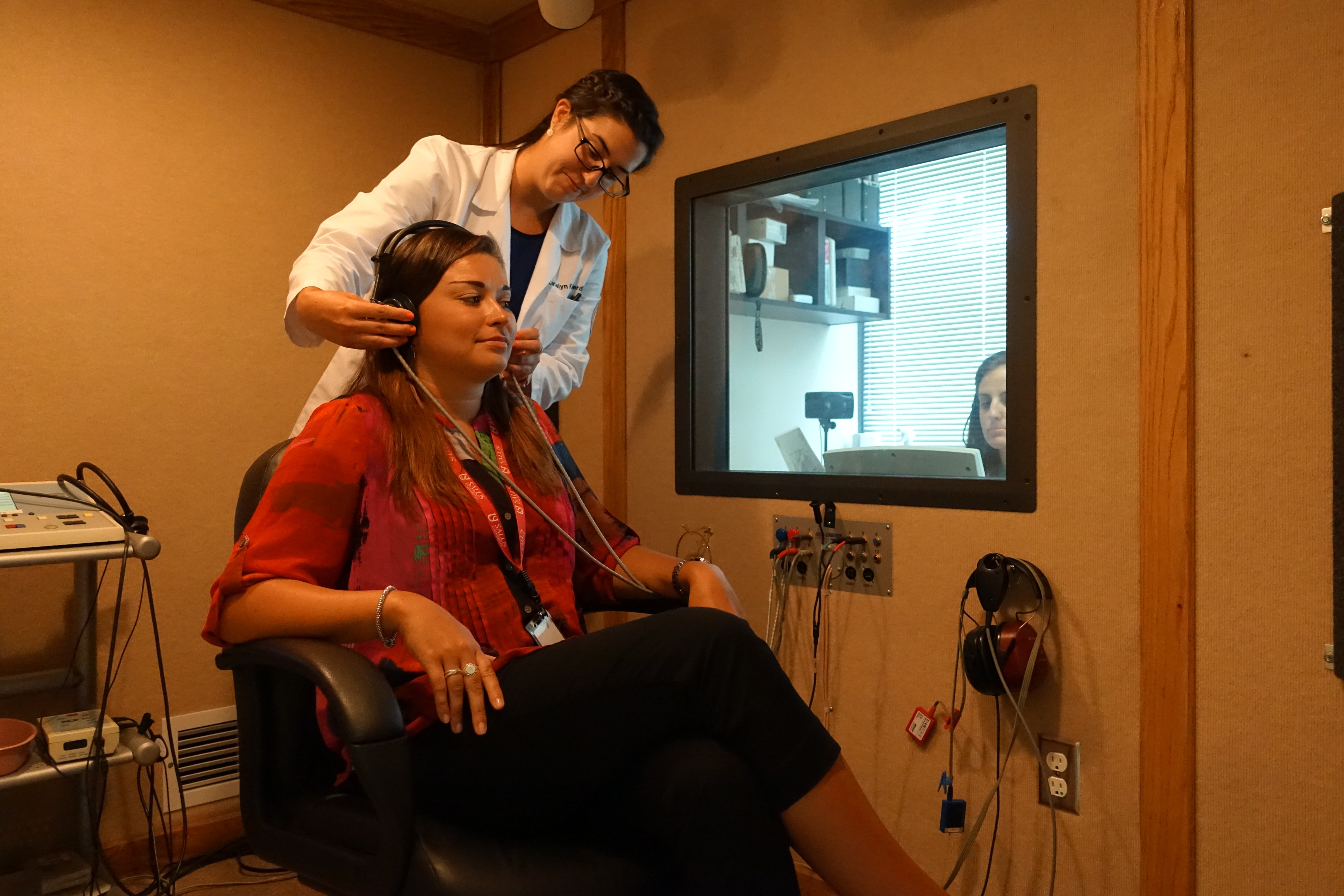Is Your Hearing Not What It Used To Be?
According to the National Institute on Deafness and Other Communication Disorders (NIDCD), roughly 15 percent of Americans over the age of 18 report some trouble hearing.
“Treat your hearing like any other part of your health care. Hearing contributes to overall wellness,” said Dr. Rebecca Blaha, lead audiologist at the Pennsylvania Ear Institute of Drexel University. “Seeing an audiologist should seem no different than seeing your optometrist or dentist for routine checkups.”
 Signs you may have hearing loss:
Signs you may have hearing loss:
- You often have to ask people to repeat themselves.
- People sound like they’re mumbling when they talk to you.
- You have a hard time understanding people in a crowded restaurant or room (listening difficulty may be more pronounced in situations with increased background noise).
- You need to listen to the TV at a volume higher than what others are comfortable with.
- Hearing a ringing or buzzing noise in your ears (tinnitus).
- You have difficulty hearing voices and sounds that are very low or high-pitched.
According to the Hearing Loss Association of America, five steps for success after finding out you may have hearing loss are:
- See licensed audiologist for a full assessment.
- Consider what you could be missing in your daily life.
- Explore your treatment options.
- Seek help to communicate and cope.
- Advocate for yourself.
 There are a variety of treatments available for hearing loss of all severities, including hearing technology (hearing aids, cochlear implants, middle ear implants, etc.), speech-language therapy to enhance communication skills, counseling, and assistive technologies.
There are a variety of treatments available for hearing loss of all severities, including hearing technology (hearing aids, cochlear implants, middle ear implants, etc.), speech-language therapy to enhance communication skills, counseling, and assistive technologies.
Visiting an audiologist is the best first step in order to determine the severity of hearing loss, rule out any deeper medical issues, and create a treatment plan that best suits the individual.
“Friends and family members are often the first to notice someone’s hearing loss. If your loved ones are telling you to get a hearing test, you should do it,” said Dr. Lindsay Bondurant, director of PEI.
If you suspect some degree of hearing loss, contact the Pennsylvania Ear Institute (PEI). Our expert audiologists will assess your hearing and make recommendations on how to address your hearing needs. For more information on PEI’s services or to make an appointment, call 215.780.3180.